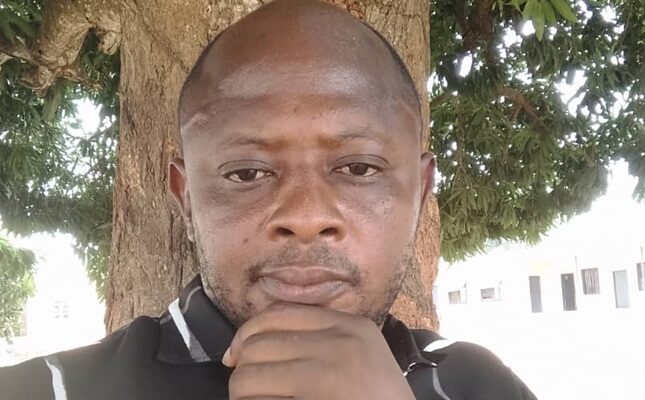I wept when I saw it with my own eyes—our once-respected traditional rulers bowing with heads lowered, trotting behind Governor Ododo like aides without destiny, not like sons of Ayegba. It wasn’t the bowing that broke my heart, but the absence of conviction behind it. The royal court of Idah, that sacred ancestral compound where words once roared like thunder, now trembles with silence. When kings meet today in Kogi East, the people don’t feel blessings—they feel betrayal. Once upon a time, the presence of a chief meant justice, wisdom, and protection. Now, all we get are murmurs behind closed doors, chants of political praise, and the sound of folding envelopes.
This write-up is not to insult any stool or authority. God forbid. This is a cry from the belly of a wounded land. A lamentation of what used to be, and a warning about what we are becoming. I remember standing in Bagaji, Nasarawa State, where the chiefs rejected brown envelopes with a thunderous, “No.” They demanded infrastructure before endorsement—“Bring transformer ir boreholes before you bring manifestos.” That was honour. In Kenya, I witnessed elders telling a wealthy candidate, “Until we see a maternity clinic in this village, don’t bother campaigning here.” Compare that to Kogi East, where some chiefs demand ‘thank-you’ bags before prayers, and political aspirants distribute salt as if salt can tar roads or pay school fees.
And yet we call ourselves kings in Kogi politics? If we are truly kings, why is our behaviour far from royal? When an Igala man visits his brother in office, he is left at the gate, humiliated by security or dismissed by a secretary. But let a light-skinned lady with long braids appear, and suddenly, the doors swing open, drinks arrive, and the AC is adjusted. Where is the unity that the throne demands? How can we wear lion skins and act like lizards? Where is the warm embrace that should flow from throne to subject, from elder to youth, from chief to citizen?
The new version of kingship is soaked in ego, pride, and politics. Our royal gatherings no longer spark vision—they sound like committee meetings. The sacred circles where wisdom used to flow now echo only self-interest. We used to say, “Igala does not kneel to eat,” but now we kneel for crumbs from strangers. Youths who once danced at ancestral and religious festivals now dance in political rallies and internet scams. And the kings? They watch from their thrones—thrones that now function more like stages for endorsement dramas than sanctuaries of guidance.
No, this write-up is not an insult—it’s an intercession. If we say “when kings meet, they bless each other,” then let it not be with handshakes soaked in deceit. Let it not be in a chieftaincy council where titles are handed out like Ijobu at Igala motor parks. Let it not be with heads bowed before corrupt powers while their own people suffer under broken promises and dry taps. The reverberations of every bad royal decision don’t just stay in the royal compound—they scatter across generations. A king that blesses without purpose is no better than a farmer scattering seeds on concrete.
Where are the kings who used to confront injustice without blinking? Where are the defenders of culture who placed people above politics? What happened to the ancestral dignity of Igala land? Bishop Oyedepo once thundered, “A man who cannot speak truth to power is not fit for leadership, whether in the church or in the palace.” But today, some of our royal fathers have turned the throne into a bargaining table—trading loyalty for land, silence for salary, influence for irrelevant titles. In fact, they are fighting over chieftaincy titles and lands. Sadly, they have forgotten that when the people lose trust in the crown, rebellion becomes prophecy.
Kogi East must rise again—not just with elections, but with conscience. Our kings must reunite in truth, not just in meetings. They must begin to bless each other again—not with slogans, but with sacrifice. Let them remember that real blessings are not spoken—they are lived. It is time to restore our chieftaincy circles to their sacred purpose, where humility overshadows ego, where reverence replaces reverberating applause, and where the next time kings meet, heaven will nod in approval, not mourn in silence.
– Inah Boniface Ocholi writes from Ayah – Igalamela/Odolu LGA, Kogi state.
08152094428 (SMS Only)




